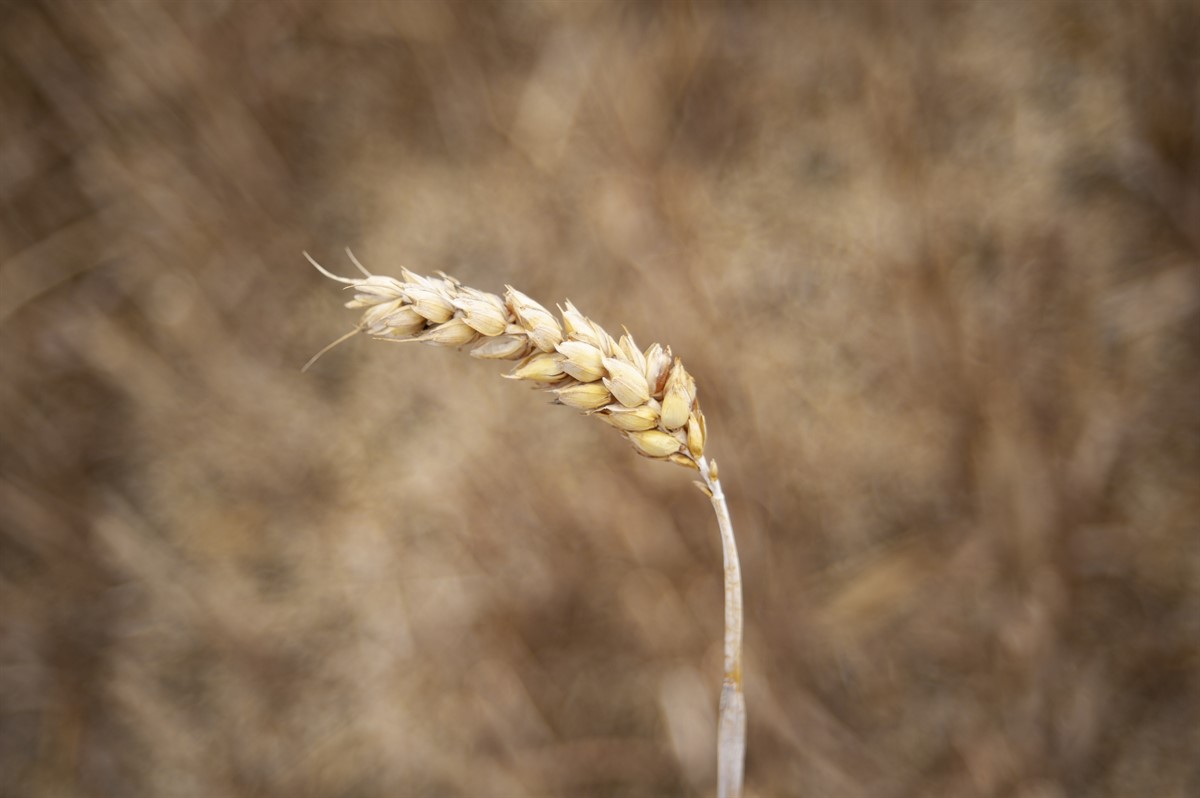The own-initiative report outlines the Parliament’s position on agricultural issues in light of recent events including the Russia and Ukraine war, COVID-19, and climate change. This myriad of factors has shown the vulnerability of EU food systems and has made clear that the EU needs strategic autonomy to always ensure food security and reduce reliance on imports.
Noting a plethora of fundamental issues in the sector and supply chain, the report makes several recommendations. To ensure food security, capacity for sustainable agricultural production must be increased and food stocks should be secured to prevent global good crises. With regards to logistics and transport, both of which are integral to the resilience of the food supply chain, the report calls for the transport of fresh agricultural produce and the maintenance of production, supply and distribution chains to be assured at all times. The EU should also diversify its supply of inputs including fertilizer, feed and raw materials.
The report urges the Commission to provide additional financial support to the sectors hit hardest by spiralling costs and for a transparent, fairer food chain. The importance of generational renewal is also stressed, alongside the essential role of livestock in ensuring food security and nature protection. The report also recommends development of an EU protein strategy – with proposals expected in 2024.
Finally, food security in Europe greatly depends on water resources, becoming ever-scarcer in Europe and emphasised in the recent dry months. With this in mind, the report urges the provision of incentives to focus on new technologies including digital, new breeding technologies but also nature-based solutions – such as agroforestry.
The report has been welcomed by the industry with farming lobby group Copa and Cogeca expressing their full support, outlining that it presents a coherent and sustainable framework for the sector.
